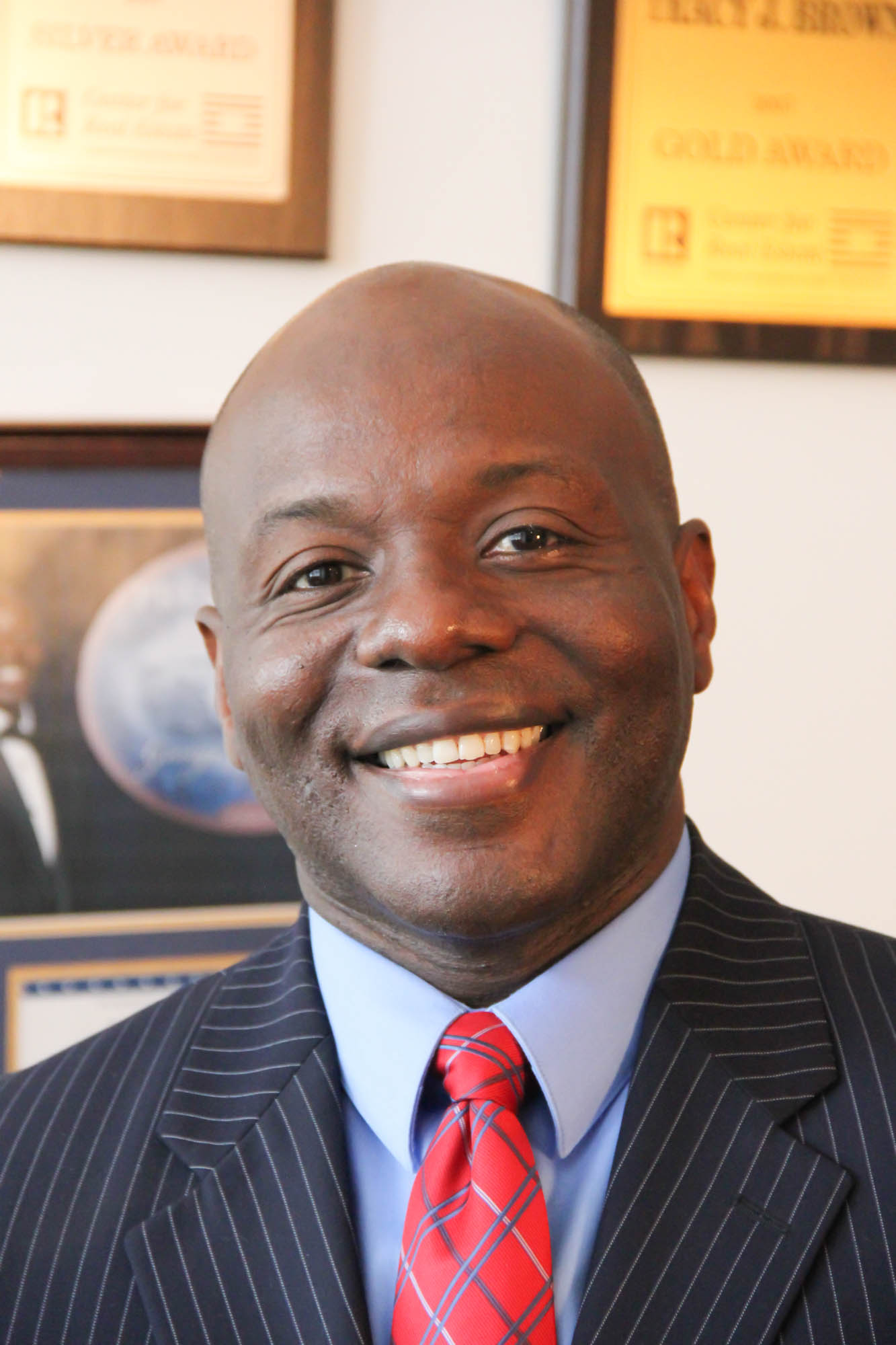Tips To Avoid Church Foreclosure
While it’s true, there has been a recent increase in church foreclosures, you don’t need to panic. The overwhelming majority of the churches in America that are faced with this issue can and will avoid foreclosure. Here are a few tips to help if you or someone you know is having financial challenges or facing foreclosure.
What To Do If Your Church Is Experiencing Financial Shortfalls:
Step 1 -Meet and Plan
- Determine the cause of the income decline. Has membership dropped.
- Appoint someone to oversee the planning process. (This needs to happen immediately)
- Review your church’s mission and vision. Do the ministry demographics support the vision?
Step2 -Examine Options
- Gather key leaders to examine your options. You must sit down and have the very difficult, heart-to-heart conversations about your options and which direction to go from here.
- Meet with the congregation to share the options determined by the leadership team.
Step 3 – Meet With Your Lender
Many lenders would prefer to work things out with churches rather than shut them down. When a church finds itself in a negative financial position they need to quickly and honestly communicate with lenders. When you first start slipping in your payments, that’s the time to start talking to your lender.
Step 4 – Seek Professional Help
Identifying qualified financial counselors and utilizing certified accountants is no longer a luxury. If the church is to survive and continue its work, you must have an organization structure that resembles the modern corporation.
Tips To Avoid Church Foreclosure:
Stay current on your payments. I know this sounds simplistic but if you are making your payments, you will be fine. Do whatever you have to do, cut budgets, cut salaries, etc., but stay current. IF you cannot make the full payment, pay what you can. Paying something is better than paying nothing. While this task might be a struggle, it is the safest means to avoiding a foreclosure.
Stay in contact with your bank. Don’t be a stranger when it comes to your loan and the bank that extended it to you. Stay in contact with the bank officer assigned to your loan. Get to know them. Ask their input about church loans, your status and what the bank will be looking for and requiring. This advice is especially relevant if you have to reduce your payments for whatever reason. We have found that bankers willingly talk to churches about their loan.
Have a plan and work your plan. I have seen churches were giving increase dramatically during this past recession. Many of them have been in some of the hardest hit economic areas. One thing they all have in common is that they take stewardship seriously. They all have plans and they work their plans. If you have no plan, you are planning on failure.
Keep good records and financial data. Every business, INCLUDING churches, must prove to the bank that they are a good risk. One sure way of doing that is to have solid financial information available for your bank. There are a few things that banks are looking for:
- Consistency and stability – With staff and congregation. Long-term tenured staff leads a bank to feel better about a church’s future.
- Numerical growth – Show that you are growing in attendance and you will find that banks are more apt to work with you.
- Financial growth – You need to show that your giving has stayed steady and hopefully increased. If giving has declined you need to show that you cut your budget so that you could make ends meet.
- A line item in your budget for debt – Banks want to see that you have budgeted repayment of the loan and are not simply depending upon outside gifts.
- Capital campaign commitments and dollars – Banker after banker will tell you that unless you are raising additional funds through a capital campaign they are less interested in loaning money or extending your loan.
Plan now for the future. Don’t wait until the last minute to start working on your loan. Too many churches put off this crucial process until the last minute.


Our team would like to be included in any of your Non-Profit Urban training sessions that are given by Walmart. North Main Street CDC ; Houston, Texas 77022 We have two, 501 3C status and would love to work with a results driven organization like Walmart. Sincere thanks, Willie J. Collins
North Main Street CDC
North Main Church of God in Christ, Inc.
Willie, I highly recommend you join our Urban Awareness USA members program at http://www.urbanawarenessusa.org . Here you will get updates of grant opportunities on a regular basis.